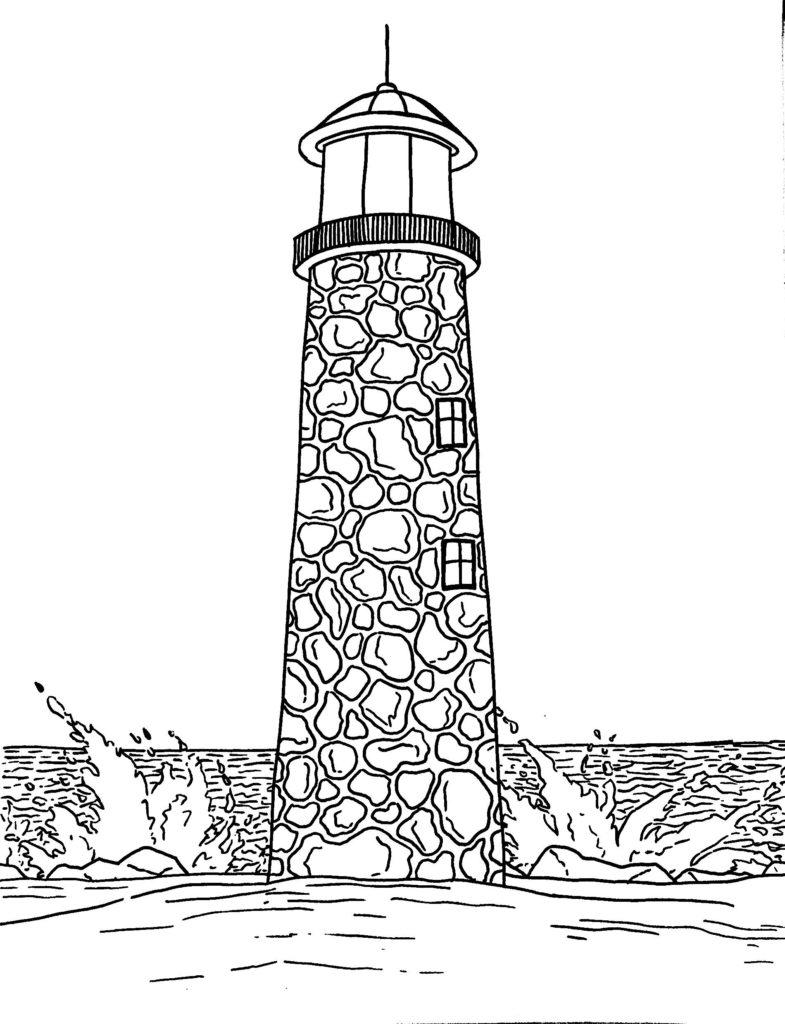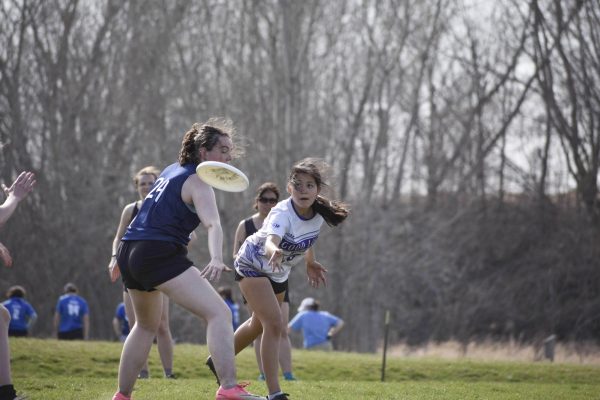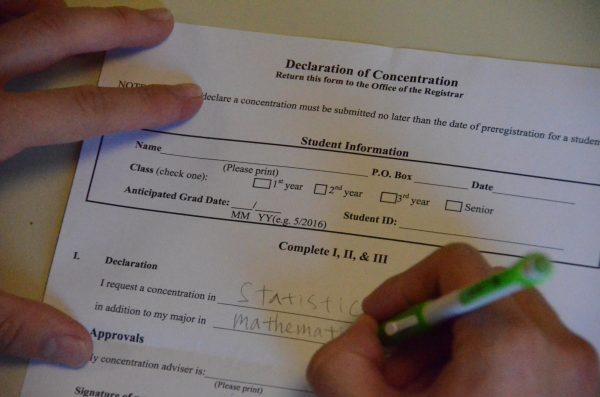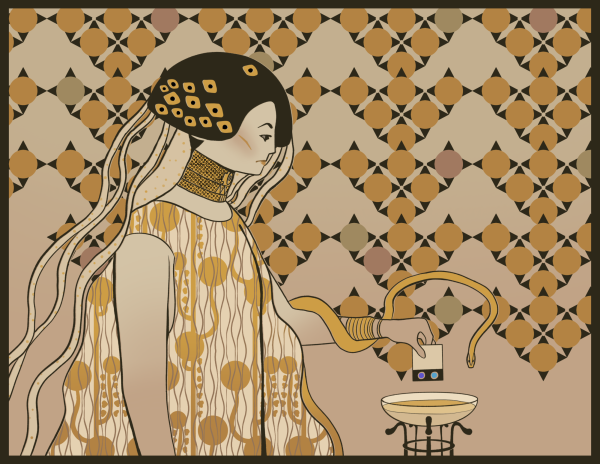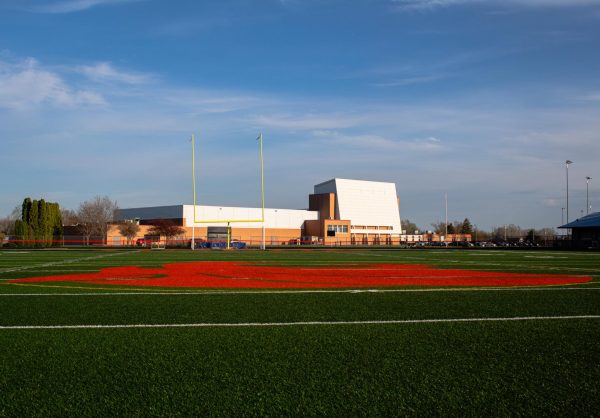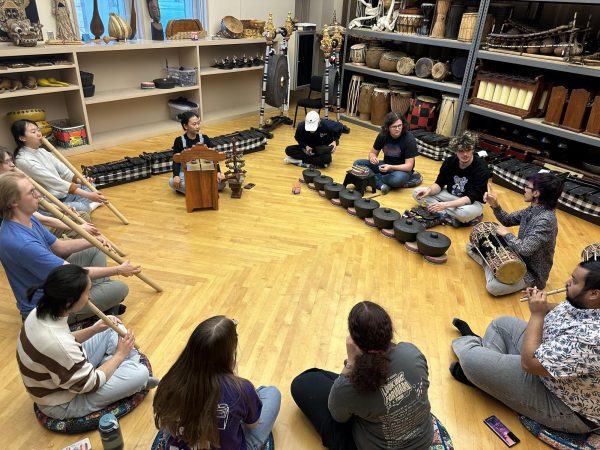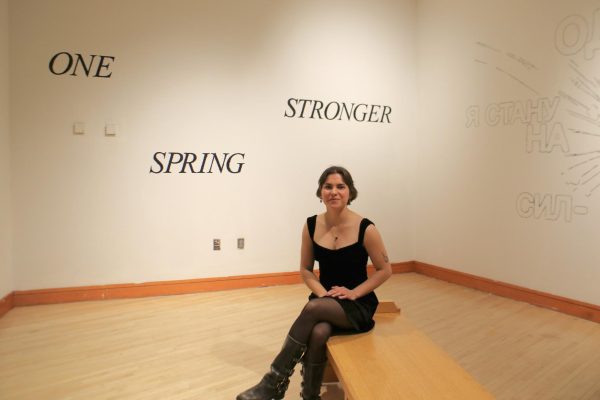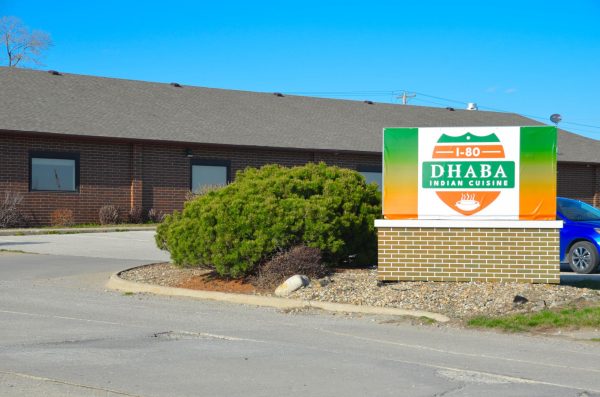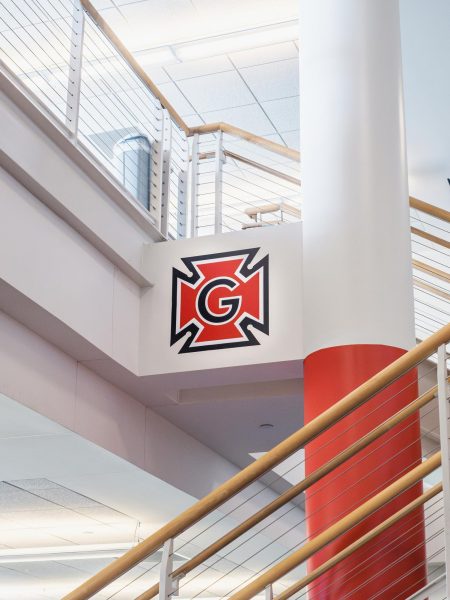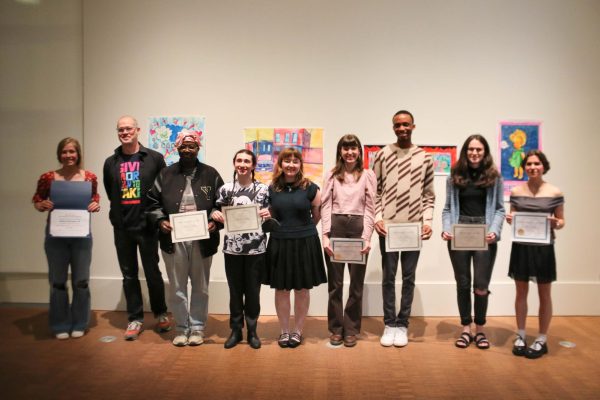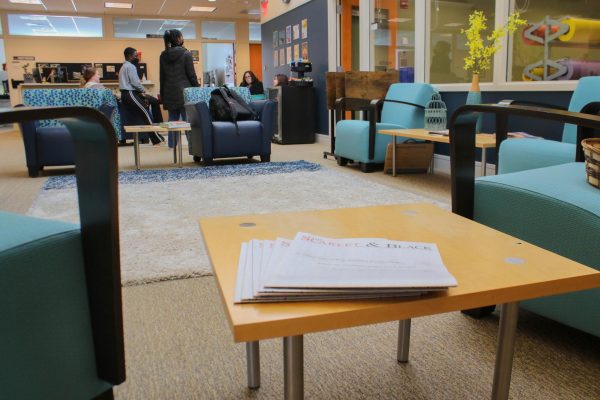Op-Ed: The Lighthouse
September 5, 2021
by Lucia Cheng
chengluc@grinnell.edu
Once upon a time, I wished I was the tower. I wished I could be content as the bricks stacked up high into the clouds, lodged, mashed, smushed against one another, content with their existence surrounded by near-identical neighbors. I wished that I could feel moored by the ground beneath me while watching the world below, connected to the earth and sky. I wished that I could do my time in peace, to look out and believe that something would change eventually. I wished, and I wished, and I wished.
How ironic.
Full disclosure: I thought I would have finished writing this article by now. As in, I thought I would have finished this article three months ago, would have tied a neat little bow on the Asian American experience, sigh the deep eternal sigh of being saddled with a label I did not choose, have a major epiphany and move on.
As it turns out, I don’t know how to move on.
So, these past three months have consisted of me writing and rewriting the same stereotypes of Asian Americans – being an overachiever! being told to be obedient! feeling disconnected from family! – finally caving and accepting that I can’t hope to write about anything Asian American without the context of others and deciding to talk to other Asian Americans about their experiences for help understanding my own, feeling starstruck, feeling anxious, feeling daunted about scaling the massive wall that is having something new to say, losing one of my chopsticks and thinking it’s some kind of omen to have one (1) singular chopstick without its pair, and now I am eating Cheez-Its (the Snap’d version, fittingly) with grimy fingers at 2 a.m. in this prolonged identity crisis.
Which is to say: how the fuck do I write about being Asian American if I don’t actually feel like one?
Once upon a time, I imagined I would be safe if I could be the tower. Standing upon the shoulders of others, this tower of Asian American stories, I thought understanding, empathy would be enough. But there is no pan-Asian American identity. How could there be when we come from all these vastly different experiences, from different kinds of diasporas?
Asian Americans are not a monolith. This tower is built from a label we are stuck together by, and the glue does not hold.
Once upon a time, I believed that knowing the tower was supporting me was enough. But I am lonely enough to know that it’s not.
Oh yeah, am I touch-starved. Thank you, reader, for indulging me as I tell you about being a pansexual Chinese American cis woman with a dash of major depression and anxiety sprinkled in. Does that give you the big takeaway of experience for this article?
Forgive me for being accusatory. I only wish my identity could be as simple as assigning these labels to myself. But please don’t trap me in the narrative of a single story.
I think the one takeaway I really know how to express is this: my guilt.
And there it is. My reckoning with the privilege of being able to become invisible, and of being lucky enough to be the one to say something about it. It feels a bit like being in purgatory, paralyzed by inaction. Because at the end of the day, even though the model minority myth is a harmful stereotype, aren’t I lucky to be considered an inherently good person?
I am from Arcadia, California, sometimes referred to as Arc-asia for its large Asian American population, or Asian Beverly Hills for its high percentage of wealthy families. I grew up without thinking much of money, with a solid roof over my head, a vibrant food culture, an extensive education, a bubble in which I did not have to face racial discrimination, a bubble where I didn’t actually have to think much of anything outside of it.
Perhaps a product of assimilation, perhaps a part of the Asian American pressure to “succeed” – whatever that means – I was allowed to be ignorant. I could make fun of the toxic, competitive social-ladder-climbing in my hometown, when in reality, I was complicit in perpetuating it by distinguishing between a me vs them situation. This ironic push to be unique in Arcadia, where every student was pushed to stand out as an individual, only served to continue fracturing the pan-Asian American identity, if there was any in the first place.
And it broke my trust in myself. I doubted myself because, maybe, everything I’ve ever done to define myself has been out of this desire to walk away from privilege, away from my community. And if I have tried so hard to separate myself from the crowd, am I even allowed to feel solidarity with Asian Americans anymore? Or with anyone?
And I worry that I will be taken as, “Oh, boo hoo, you have privilege and you’re sad about it? Use your privilege and do something then!” But let me ask you: what goes beyond direct action? Privilege is not just something related to wealth, something that you can bestow or strip from a person. We need to have a conversation about the impacts of privilege on identity. We need to talk about why we decide to stay in purgatory.
And I will reckon with my guilty luck.
The cognitive dissonance of this Asian American diaspora and COVID dystopia feel remarkably similar. Disconnected, what ties us individuals together? Now, when we are so close to the end of this COVID year, I realize more and more that I don’t know how to not be alone anymore. I have been living like I will never have enough time, always chasing an ideal of success as survival.
With my depression worsening in this isolation, I wonder if my identities have any meaning when I am just trying to survive each day. But that’s the flip side of guilt: a longing for something more. With the diaspora, a longing for a heritage to feel connected to. With the COVID dystopia, a longing to be held again.
Well, this is the Asian American diaspora I’ve inherited. Always catching a whiff of what could be, and finding only dreams.
Up in this tower of mine, I look around at this cage of bricks. And I realize I have complacent in my prison, mired in guilt. It is easier to believe that I am truly alone up here, as if I could move through the world making choices that impact no one, that my actions will go without consequences. And it feels safer to confront these big questions of identity on my own, to forever be a trail blazer by pioneering conversations about my own uniqueness. But to continue forward like this is to fracture our community identities even more, and what good would that do?
Where do we go from here, together?
In the wake of the Atlanta shootings, awareness is not enough. On some level, I think I’ve always understood that hearing stories may never be enough. And I still don’t really have answers on what true solidarity actually looks like. It’s easy to say have empathy! break stereotypes! on the surface, but when it comes to the hard work of reaching out to each other?
When passively existing gets us killed? Our passive lived experiences are an active statement.
I want to stand up for myself to not be erased as Asian American. I want to know that I have the ability to choose how I am seen, at least within the communities that matter to me. Solidarity, in my eyes, means giving back our own agency to ourselves.
I think a lot about my own worth. If I’ve earned the right to exist, if I will be able to tell the world why my story is important. And sometimes, I am tired of trying to pay back my debt to the universe and look for the self-destruct button.
And yet?
I imagine that one day, there is a future where my guilt will ebb away, and I can be confident enough to chase after everything I believe I can deserve. One where I don’t have to be so afraid anymore.
And yet?
Perhaps this is a longing for a future I am told to hope for.
Because I still exist in this present moment. What future is ever certain, when all we can do is do what we can in the present? With my own hands, I will turn this tower into a lighthouse. Maybe a warning to others that there are rocky shores around. And maybe a signal, a beacon that I am out here. I am not someone who needs to be “saved.” I am also not a savior. I simply exist.
I know that I will be seen as Asian American regardless of what I do, so, you might as well see all these different parts of me. Just know that I am looking at you too.
So prove to me that there’s an ocean out there. Prove to me that there are other lighthouses winking in the distance, waiting to catch my beam with their own, wishing for that bridge of light to connect us at this impossible horizon between the earth and sky.




























































